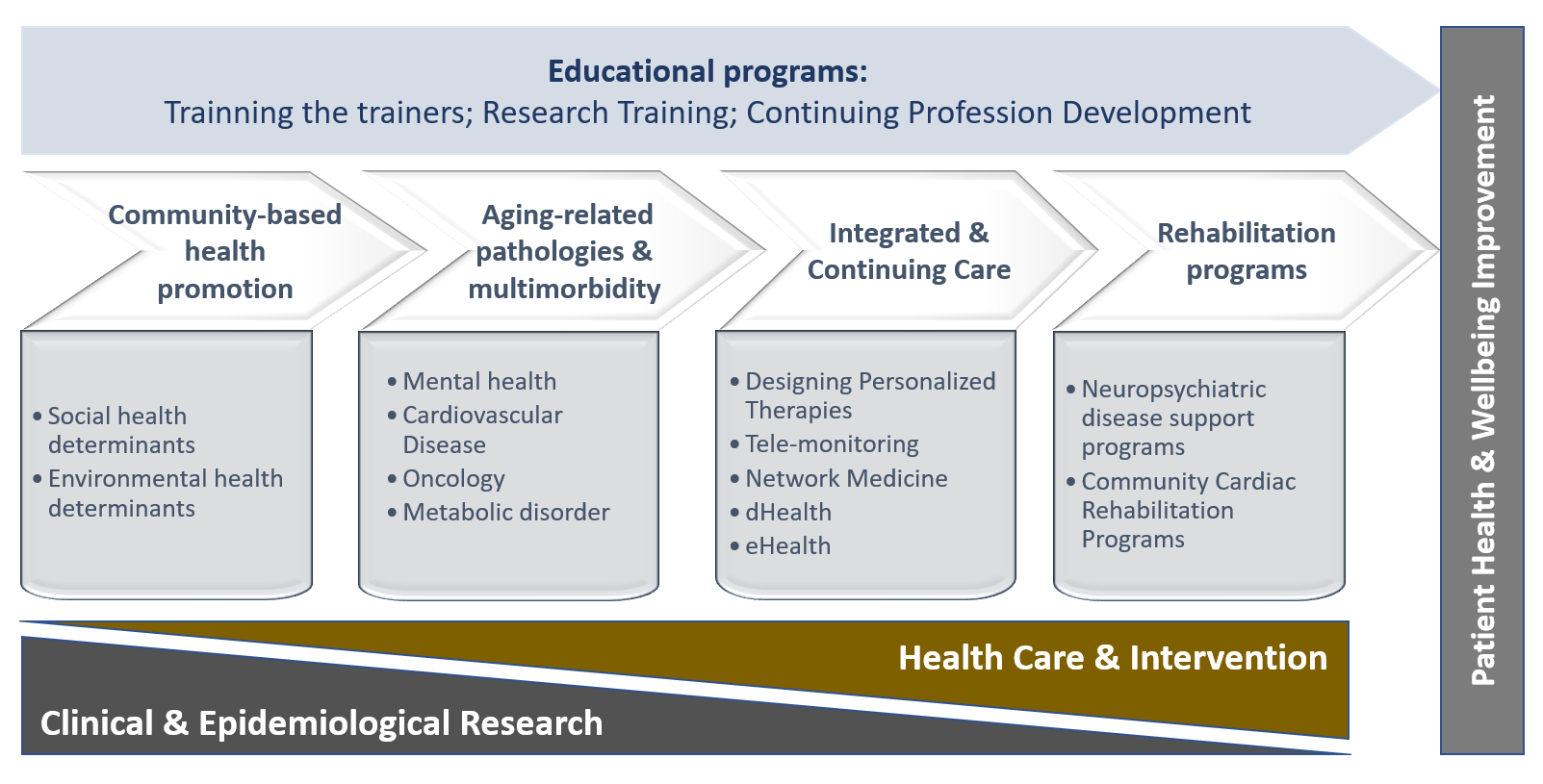About us
C-TRAIL brings together 5 Health Entities, 3 Academic institutions, supported by 3 R&D Units, covering geographically the Alentejo region:
|
|
The Vision
The Alentejo region has distinctive characteristics apart from the country; the geographic challenge of being the most extensive and dispersed region in the country with an aged population suffering from high multimorbidity, isolation and interiority implying specific Health, Education and Care needs, that have been present in the creation of the C-TRAIL consortium.
C-TRAIL’s vision consists in supporting the development of a most sustainable, best integrated and patient-centred health system by 2030, sustained by robust clinical & research careers, translational health science and health digitalization based on a strong network of knowledge easily available to experts and health stakeholders who can optimize the decision-making process.
C-TRAIL will strengthen the ties between Health Services and Universities and Institutes, both in teaching and research, creating a new operational setting between health care providers and training and research centres.
Context
|
|
 |
The Consortium
|
The Objetives
The C-TRAIL is focused on the Clinical Education and Research needs of Alentejo to provide:
|
 |
4 Main Thematic Lines of Work
|
 |
The Action PlanC-TRAIL selected areas of activity will be focused on:
|
The C-TRAIL 4 Pillars
|
 |
The Priority Programs Dedicated to the Community Intervention Proposed


